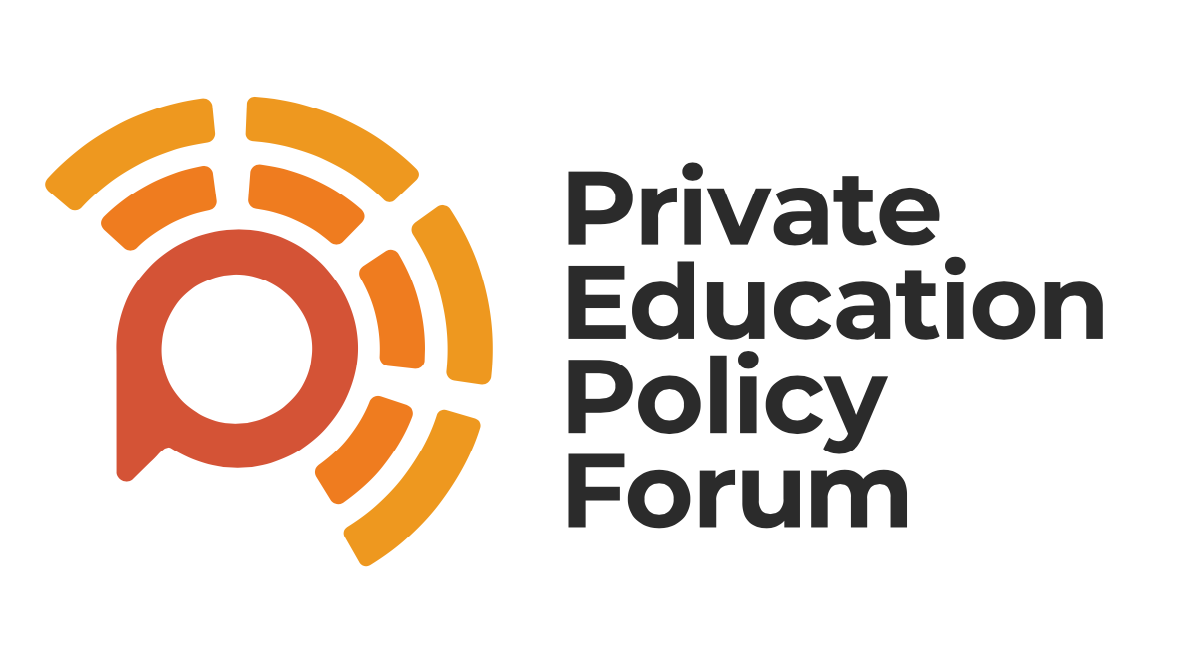
James Fishwick, staffer for Labour MP
At my state comprehensive in the north of England, we would have an annual careers day where you could always guarantee three exhibitors being in attendance.
They included the local sixth-form, the local vocational college and – always present – three men in combat fatigues and berets topping a regimented short back and sides. The British Army.
At the time I did not consider the implication in their attendance. But after growing up and realising this was not the same for my peers’ schools, I thought about my own father’s experience of joining the RAF at 16 because there was little else in terms of opportunity in a town a few hills over from where I went to school.[1]
My state comprehensive school was in an area of north England with low progression to higher education, below average employment opportunities and above average populations from lower socioeconomic backgrounds.
So the British Army exhibited at my careers fair because historically the “working classes” from areas with a deprivation of opportunities have always been ripe picking for the front lines, bred to be shipped of into the system at the age of 16, in promise of a consistent wage, and adventures continuing the export of British imperialism and capitalist oppression.
Their presence insinuated that there were few other routes for kids at schools like mine, which in some ways is true because few opportunities can be available in lot of areas.
And in some ways, the presence of the British Army at my school’s careers days implied that all some of us were good for is to fight and die in wars that don’t benefit ourselves or our communities.
Speaking to privately educated peers at university, they didn’t have this.
Instead they had a twice weekly military preparation, stroke playing toy soldiers, stroke indoctrination, stroke pain-fest in the form of the Combined Cadet Force extracurricular activity.
My friends told stories of wet weekends camping and drill parade sessions held on chilly autumn nights on a flood-lit carpark amongst other memories.
The experience seems to have been less about being drafted into the lower ranks of the armed forces, but more gaining confidence, learning new skills, building friendships with pupils across all year groups and understanding what could be a career in the future.
These are skills and experiences that ‘The Independent School Parent’ agrees are the benefits and learning opportunities of CCF within private schools.[2]
The Guardian reports that there are around 500 CCF branches, with one third are in private schools, and the rest within the state sector.[3]
That is a much higher percentage within the private school sector. Students in the private sector are much more likely to come into contact with and be a part of a Combined Cadet Force, and therefore more likely to partake in training for the officer classes of the British Armed Forces.
Partaking in CCF consolidates the already acknowledged sense of confidence, and leadership and self-importance that the high termly fee pays for. With pupils in leadership positions, it provides another level to the social hierarchies that are endorsed and perpetuated by the private school system.
These are hierarchies that have been criticised in books such as Posh Boys by Robert Verkaik and Sad Little Men by Richard Beard.
Further unhealthiness in CCF for young people includes cases of abuse by instructors. Whilst it hasn’t happened in every branch, BBC’s Panorama uncovered 363 claims of abuse between 2012 and 2017 with compensation being paid out into the millions.[4]
Further evidence of the armed forces not being able to look after young people in their care is seen by parents calling for the Harrogate Army Foundation College to be closed down after numerous cases of bullying, sexual abuse and assault at the educational training college.[5]
The military, an institution designed to perpetuate violence, is doing so amongst its own recruits.
The presence of the military in private academic institutions is a story as old as the schools themselves.
Private schools were vital in the existence and engineering of the British Empire, from the ranks of colonial officers and soldiers to the bureaucrats and diplomats that governed the colonies and territories of the British Empire with all the terror and oppression that included.
Cowper states the British were unique in their private school to colonial empire pipeline, with the Germans, Dutch or French not having similar streams.[6]
It is concerning that the armed forces plays a big role in any education setting, but that is especially popular within private schools whose pupils go onto populate the highest echelons of our society.
What does it teach participating students? How to accept, not question authority… unquestionable hierarchies… how to participate in violence… how to plan violence. Not exactly supporting the progressive leadership that I would want an organisation to.
Bucking the trend, former leader of the Labour party Jeremy Corbyn refused to partake in CCF at his Shropshire private school on grounds of anti-war and anti-militarism, and was instead given gardening duties with other students.
Hence it is important to state that participation in CCF in the vast majority of schools is optional, but still the presence and existence of military institutions can be toxic and unhealthy for students as young as 13.
Scotland is an outlier in the United Kingdom, having a set policy on countering the ‘creep of cadet forces in Scottish schools’ – in other words, an explicit ban on cadet forces operating in Scottish state schools.[7]
However, this policy seems not to apply, or be enforced in independent schools in Scotland. Elite Scottish private schools such as Fettes College, former school of PM Tony Blair, have a CCF detachment among others.
There are further differences in how private and state school pupils are brought into the armed forces.
In 2019 Sandhurst reported that 49% of entrants came from ‘fee-paying schools’, seven times the national population of 7% attending private schools. The similar naval officer training centre at the Royal Naval College at Dartmouth where 36% of its entrants came from private schools.[9]
Many entrants to Sandhurst and other Officer training institutions go from privately educated CCF participants, to their top universities where they are apart of the University Officer Training Corps with some being paid to participate, to applying and interviewing and Sandhurst, Dartmouth and so on.
The Sutton Trust’s 2019 report ‘Elitist Britain’, revealed that ‘private school attendance is higher among the senior ranks, with two thirds of four-star general having attended.’ Privately educated students are put in a pipeline to the senior roles of the armed forces.
Such a set up has been previously dubbed ‘lions led by donkeys’, which criticised the upper class military figures and their poor leadership of millions of working class British soldiers in World War One – poor leadership that led to the deaths of hundreds of thousands.
Couple this with the armed forces propping up the private school sector and in 2021 paying £81.3 million to private schools for the fees of 4700 service personnel’s children.[11] This equates to about £17,300 per pupil that the Ministry of Defence paid to UK and international private schools – a per pupil spending near three times that for a student in the state sector, according to the Education Policy Institute.[12]
There are now explicit calls from education trade unions for the removal of CCFs from schools and larger proposals to detach UK education institutions from the military and adjacent industries as much as possible.
The Peace Pledge Union have been trying to organise within education unions to solidify and propose motions of anti-militarism and CCFs, building on the impact of anti-war stances already existing within many education unions.[8]
This is needed, because the relationship between the military and private schools is one of dependence. In return for the millions of tuition money that private schools get each year, the schools open their doors to military hierarchies, training and indoctrination for their officer classes.
Relying on one another for their different needs, but continuously a inextricable part of inequality, abuse and harm.
And a tale as old as time, whilst the armed forces recruit vast numbers of working class kids to pack their barracks and ship them off to fight in bloody wars, private schools are used to groom for their well-bred officer classes who will be given power and authority over their working class colleagues.
James is a staffer for a Labour MP and based in West Yorkshire. A graduate of the University of Bristol in History, his interests focus on education, capitalism throughout time and social mobility. He tweets @james_fishwick.
If you want to find out more about the link between education and militarism in the UK, James recommends this podcast ‘Requires Improvement’. A group of teachers interview Joe Glenton, a former British Army serviceman, who has written a book on the British perceptions of the armed forces called ‘Veteranhood’.
[1] https://www.theguardian.com/uk-news/2018/sep/09/british-army-explicitly-targeting-working-class-recruits-say-critics
[2] https://www.independentschoolparent.com/london-schools/ccf-the-combined-cadet-force-at-school/
[3] https://www.gov.uk/guidance/the-cadet-forces-and-mods-youth-work#:~:text=There%20are%20around%20500%20CCF,a%20third%20in%20independent%20schools
[4] https://www.theguardian.com/uk-news/2017/jul/04/mod-admits-over-350-sexual-abuse-complaints-have-been-made-by-cadets
[5] https://www.theguardian.com/uk-news/2021/nov/18/parents-call-for-british-army-college-to-be-shut-down-after-abuse-claims
[6] H. E. Cowper, ‘British Education, Public and Private and the Empire’, 1979, page 21.
[7] https://www.heraldscotland.com/news/15076292.army-cadet-force-units-ruled-scottish-state-schools/
[8] https://www.ppu.org.uk/militarism/militarism-schools
[9] https://www.bbc.co.uk/news/uk-48607943
[10] https://www.suttontrust.com/wp-content/uploads/2019/12/Elitist-Britain-2019.pdf
[11] https://www.dailyrecord.co.uk/news/scottish-news/millions-taxpayers-cash-spent-sending-27030774
[12] https://epi.org.uk/publications-and-research/current-estimates-of-school-funding-pressures/



